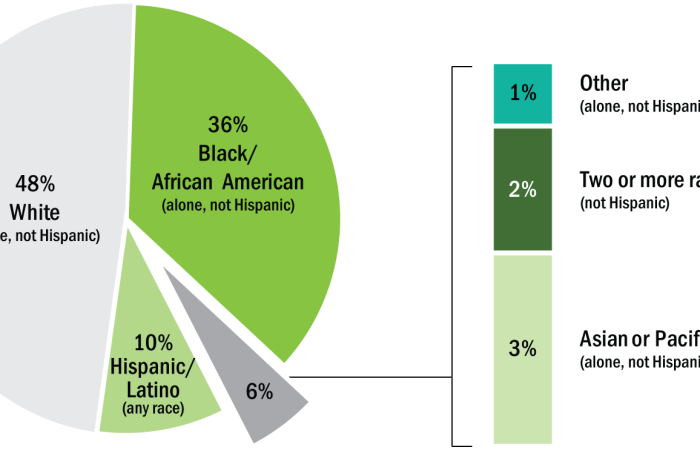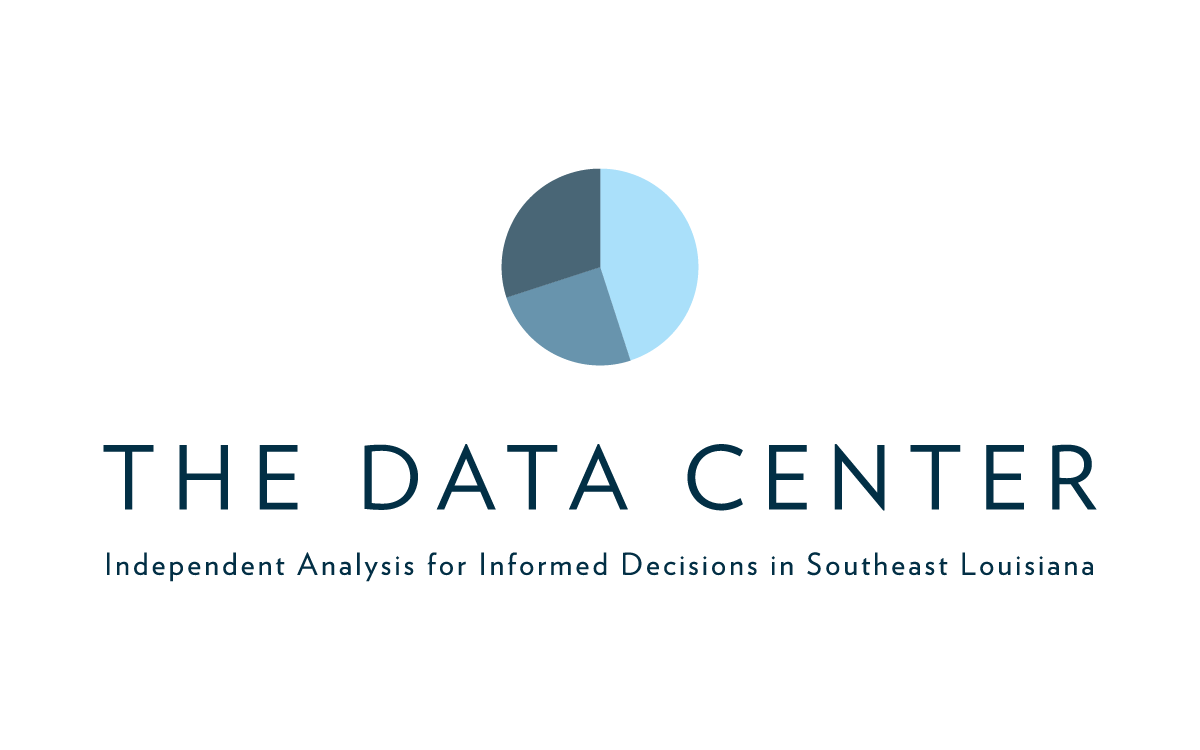
Strengthening Our Workforce from Within: Adult education’s role in furthering economic growth in greater New Orleans
Published: Jan 09, 2013
Today’s workers need strong abilities in reading, writing, numeracy, and computers if they are to adapt to rapidly evolving industries. Yet 27 percent of New Orleans’ workforce may lack these literacy skills—a rate higher than the U.S. and many other cities. Workforce development is the next logical priority in our efforts to develop a robust economy that can compete with the likes of Raleigh, NC and Houston, TX. Creating an effective workforce development system will require high level leadership and a sustained commitment from economic development organizations, employers, educators, trainers, support service organizations, and Workforce Investment Boards.
Executive Summary
Today’s adult workers need a broader and stronger set of skills than they have in the past, and they must continually update their skills if they are to adapt to rapidly evolving technologies and industries. Literacy skills—including reading, writing, numeracy, and computer skills—are the foundational skills workers need to respond to this changing environment. And soft skills, including social skills and work habits, are becoming increasingly important as many jobs require direct interactions with consumers or teamwork to solve complex problems.
Two recent studies from the Brookings Institution found that there is a gap between the skills required by jobs (including job openings) in the New Orleans metro and the skills supplied by the metro labor pool. Improvement of K–12 education is essential in addressing this problem, but will take decades to fully take effect. For example, in New Orleans, even if there’s a significant in–migration of young professionals, fully two–thirds of the city’s 2025 labor pool will be adults who are already working–age New Orleanians—well past the reach of K–12 schools.
The best available data suggests that 27 percent of New Orleans’ current working–age population are low–skilled and likely low–literate. While New Orleans has a smaller share of low–skilled working–age adults than cities like Memphis and Detroit, New Orleans has a significantly larger share of low–skilled adults than cities like Raleigh and Washington, D.C.
Meanwhile, the New Orleans regional economy continues to shift toward knowledge–based industries with middle– and high–skilled jobs projected to account for over half of all job openings by 2020. Strengthening and targeting workforce development efforts toward current job openings and growth industries will be key to reducing the region’s current and future skills gap.
High level economic development leadership can bring together employers in emerging industry clusters with education institutions, training providers, support service providers, and Workforce Investment Boards to identify and solve specific workforce challenges. Importantly, these industry–led alliances can advocate for new ways to make use of a broader range of funding streams to accomplish their goals. With shrinking government coffers, it will take pooling of more flexible dollars to address workforce training needs. Importantly, this work will require a sustained leadership commitment, because there are no quick fixes. Other regions have recognized the importance of making workforce skill building among their highest priorities with impressive results. There is no doubt that New Orleanians, working together, can accomplish the same.

